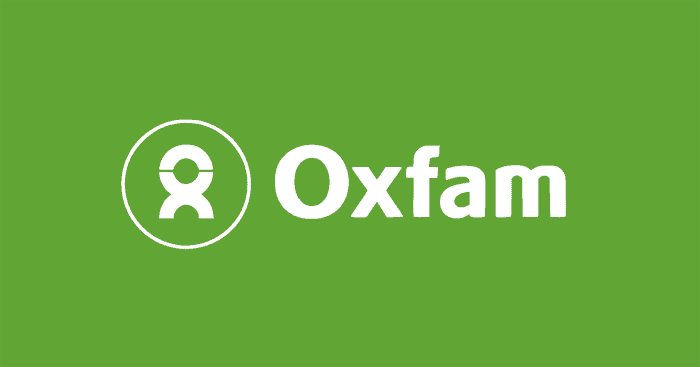Added Value of Intersectional Feminist Foreign Policy (IFFP)
Everybody is valuable and has the same rights – regardless of gender, ethnic origin, sexual identity, religion or belief, disability, age, social status or position. These identity axes do not exist in isolation to one another. People are comprised of multiple, interconnected identities that interact with structural inequality and discrimination, meaning that some individuals and groups face greater barriers than others. This is Oxfam Novib’s definition of intersectional feminism.
We believe that an intersectional feminist approach is needed in all areas of policymaking, including foreign policy. Such an approach places climate, economic, gender, racial and social justice at its heart, prioritizes decolonization and puts the voices of those who have historically been least represented, and are often most impacted, at the centre of policymaking. To be credible and effective, any IFFP therefore needs to be complemented by intersectional feminist domestic policy. Too often, countries that develop FFP focus on exporting ideas that are not necessarily implemented in nationally.1
